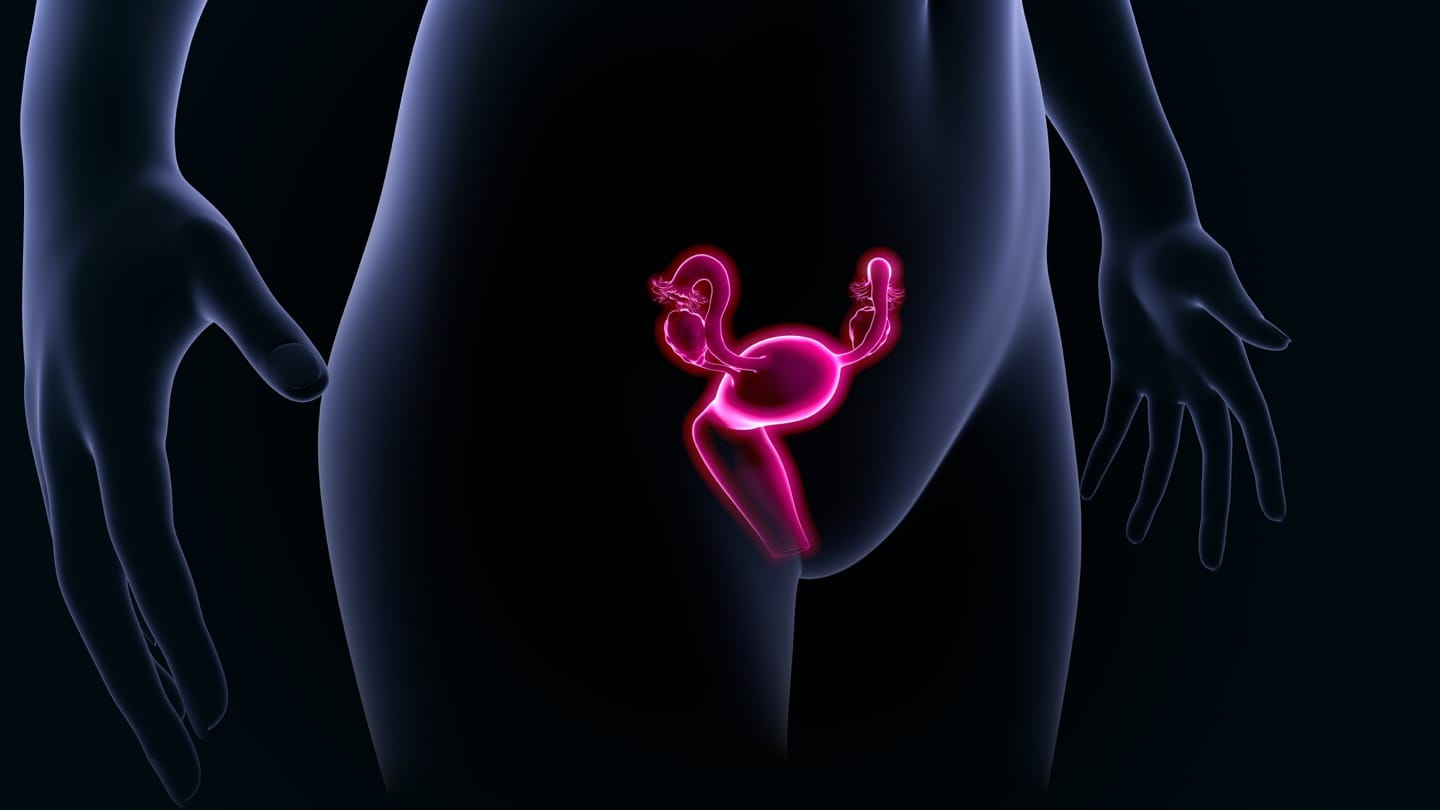Polycystic Ovary Syndrome (PCOS) is the most common endocrine (hormonal) disorder affecting women. In fact 12–21% of women of child-bearing age have PCOS, yet many don’t know it. PCOS can cause infertility and increase the risk of developing diabetes and heart disease — but the good news is that in many cases it can be managed with lifestyle changes.
PCOS is a collection of symptoms which can vary from woman to woman and which usually start during puberty or in the early- to mid-twenties, but can occur at any age. These include:
- Irregular or absent menstrual periods (eight or less menstrual cycles per year or cycles greater than 35 days)
- Infertility or reduced fertility
- Hirstutism (excess hair growth on the face, chest and abdomen)
- Alopecia (scalp hair loss)
- Acne
- Obesity and difficulty losing weight
- Increased risk of miscarriage.
PCOS appears to result from a combination of genetics and lifestyle factors. However the majority of women with PCOS have high levels of insulin in the bloodstream resulting from a condition called insulin resistance. The high insulin levels act on the ovaries to cause increased production of male hormones, which disrupts the normal ovulation cycle and causes many of the symptoms of PCOS. This also means that women with PCOS are at an increased risk of developing health problems including impaired glucose tolerance (pre-diabetes), gestational diabetes (diabetes during pregnancy), type 2 diabetes and heart disease.
The good news is that improving insulin resistance through lifestyle changes (including diet, exercise, adequate sleep and managing stress) can help to manage PCOS. Lifestyle modification is recommended as the first line of treatment but your doctor may also prescribe medications in some cases, depending on your symptoms and goals of treatment.
If you suspect you might have PCOS, it’s important to see your doctor. There’s no single test for PCOS but your doctor can organise investigations, including blood tests and an ovarian ultrasound, to determine if PCOS might be the cause of your symptoms.
More information:
Visit the The Jean Hailes Foundation for Women’s Health website.
References:
- Evidence-based guidelines for the assessment and management of polycystic ovary syndrome. Jean Hailes for Women’s Health on behalf of the PCOS Australian Alliance; Melbourne, 2015.
- The Jean Hailes Foundation for Women’s Health


